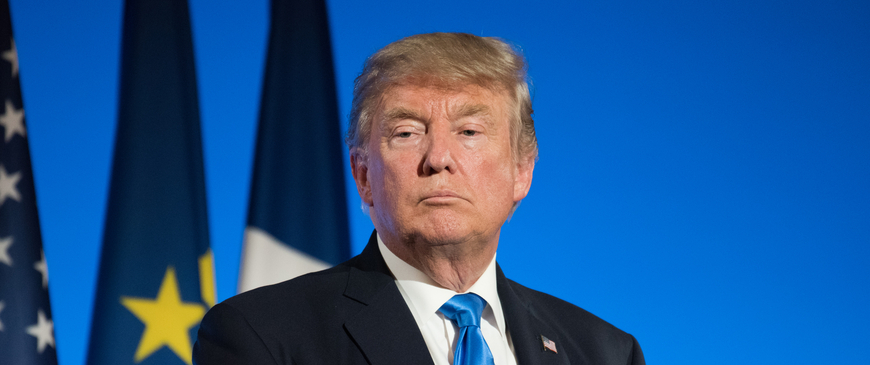Something has shifted in Washington. After months of what looked like inexplicable patience with Vladimir Putin, President Trump appears to be changing course. A leaked recording from a 2024 fundraiser captures him boasting of threatening to bomb Moscow and Beijing to deter aggression—a claim as startling as it is murky in its veracity. More concretely, the White House has greenlit resumed arms shipments to Ukraine, reversing a prior freeze, and a bipartisan Senate bill with an astonishing 85 co-sponsors is moving forward, promising crushing tariffs on nations aiding Russia’s war machine. The question isn’t just whether this marks a true break from Trump’s earlier reluctance to confront Putin, but what’s driving it—and whether it will last.
Frankly, the timing raises eyebrows. For much of his second term, Trump has seemed exasperatingly deferential toward Putin, enduring what he called “unsatisfactory” calls while withholding serious pressure, even as Russia’s aggression in Ukraine persisted. The invasion, after all, began in 2022 under Biden’s watch, but its roots trace to 2014, when Russia annexed Crimea and fueled conflict in Donbas. Trump’s first term saw no robust response to those “little green men”—Russian troops in unmarked uniforms—stirring unrest. So why now? Is this a genuine awakening, or a calculated move to align with a political freight train too powerful to ignore?
The Senate bill, championed by Trump’s ally Lindsey Graham, is no small thing. A 500% tariff on countries doing business with Russia over sanctioned goods is the kind of economic sledgehammer rarely seen, even in the hard-nosed sanctions world of the Clinton era. It’s tempting to see this as Trump finally recognizing that Putin has played him, stringing him along with ceasefire talks that never materialize. Ukraine, after all, has signaled willingness to meet Trump’s terms for peace; Putin has not. You get the picture: a president frustrated, perhaps even embarrassed, by a counterpart who overestimated his leverage.
Yet skepticism lingers. Trump’s positions shift like desert sands—firm one day, gone the next. The bill, as Ambassador Stuart Eizenstat noted, is likely to be softened, perhaps with presidential waivers or diluted tariffs. And the recording itself, grainy and ambiguous, raises questions about its context. Was Trump’s bombast a real threat made in his first term, or just fundraiser bravado? The Kremlin’s silence on whether such a call happened only deepens the murk. What’s troubling is the possibility that this pivot is less about principle than pragmatism—a response to overwhelming Senate momentum and a desire not to be steamrolled by a bipartisan coalition.
That coalition itself is striking. Eighty-five senators, split evenly across party lines, co-sponsoring a bill of this magnitude signals a rare unity. Even the House Speaker, fresh off passing Trump’s “big beautiful bill,” has signaled interest. This kind of alignment doesn’t happen without a nod from the White House, implicit or explicit. It’s hard to imagine Senate Majority Leader John Thune or House Speaker Mike Johnson moving forward without at least a yellow light from Pennsylvania Avenue. That should be a wake-up call: when both parties rally behind sanctions this severe, it’s a sign Putin’s free pass may be expiring.
But here’s the rub. If Trump’s frustration with Putin is real, it’s also late. For months, he’s voiced exasperation without action, letting Putin’s intransigence fester. The decision to overrule his own Defense Secretary to resume arms to Ukraine suggests a personal stake, perhaps a bruised ego. Combine that with the political reality of a near-unanimous Senate and a Congress ready to act, and you have a president who might be joining the train rather than driving it. The risk? That this is less a sea change than a tactical retreat—a way to avoid being outflanked by his own party and a broader coalition fed up with Russia’s games.
What’s at stake here isn’t just policy. It’s credibility. If Trump’s newfound resolve falters—if the tariffs are gutted or the arms shipments stall again—the signal to Putin will be one of weakness, not strength. For now, the moves are bold: weapons for Ukraine, a sanctions bill that could reshape global trade with Russia. But whether this is a president finally standing up to a manipulator or simply riding a wave he can’t stop, only time will tell. The world is watching, and so are we.
